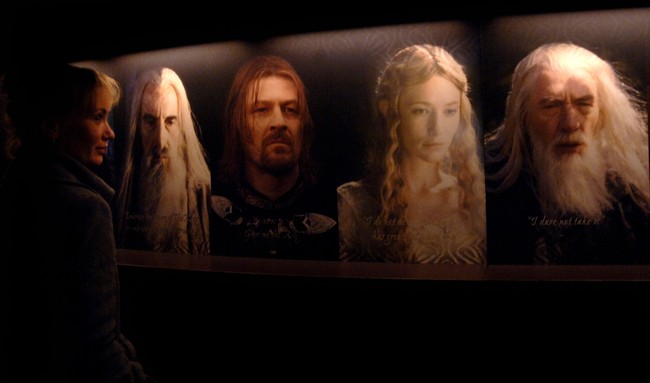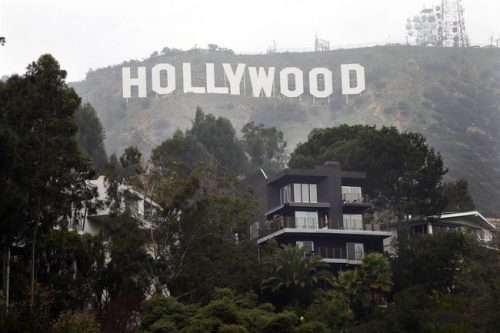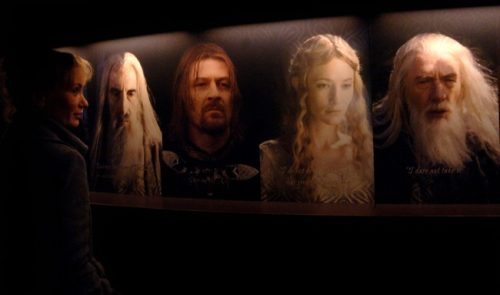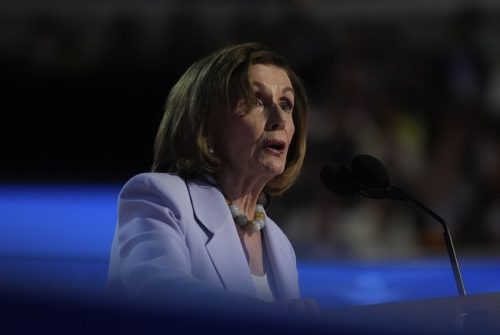I fell in love with J.R.R. Tolkien’s The Lord of the Rings after watching The Fellowship of the Ring repeatedly, then reading The Hobbit and the trilogy. That deep connection shapes my reaction when modern critics try to strip meaning from Tolkien or recast his work to fit a political agenda. This piece pushes back on recent critiques that misread the books and argues why the Left is determined to delegitimize a clearly moral, faith-rooted epic. I trace how Tolkien’s themes of sacrifice, duty, and ordered morality clash with modern progressive impulses that prefer grievance and identity as the centerpiece of culture.
My affection for Tolkien goes back to the movies and into the pages of the books, where philology and myth give rise to a coherent world. Tolkien spent decades building languages, histories, and moral architecture for Middle-earth, and that craftsmanship explains the trilogy’s emotional pull. It also explains why his work attracts intense cultural debate: stories that teach virtue make certain critics uncomfortable. When art speaks to timeless truths, it becomes harder for ideologues to bend it into a vehicle for their narrative.
Recently a piece argued that conservatives routinely misread Tolkien and that nerd culture fans on the Right are “bad nerds.” The phrasing and tone made clear that this was less an argument about interpretation than a smear against those who find virtue in duty and sacrifice. That accusation landed badly because it ignored the book’s clear treatment of power, corruption, and moral choice. It also mischaracterized how readers on the Right draw lessons about courage, not domination.
Here’s more (emphasis added):
Among the many humiliations of being American in the current moment is this: Members of the tech right and the conservative ruling class continually fetishize objects of nerd culture while also displaying a willful inability to grasp the very basic messages those objects are sending. While there are certainly worse problems (e.g. white nationalism in the White House), the blazing lack of reading comprehension from people who are allegedly smart does give one pause. Put simply, these people are bad nerds.
Probably the text they are most consistently prone to misreading is The Lord of the Rings. J.R.R. Tolkien’s beloved fantasy trilogy deals with the corrupting influence of power and the necessity of death. Yet, the right keeps using it as a parable for why powerful people should be given more power and human beings should be immortal.
The bizarre conservative misunderstanding of The Lord of the Rings, explained. https://t.co/svWh4qrilg
— Vox (@voxdotcom) October 31, 2025
“Yet, the right keeps using it as a parable for why powerful people should be given more power and human beings should be immortal.”
I reread that sentence to make sure I wasn’t missing nuance, because it collapses under basic scrutiny. Tolkien’s story repeatedly shows how power corrupts and how men succumb to temptation when promised authority. The Hobbits are humble and moral, but Tolkien does not pretend that corruption cannot touch them; greed and ambition surface even in small, familiar people. The books present a world where virtue requires vigilance and sacrifice, not a blueprint for empowering strongmen.
However, you do not need to be a deep scholar of The Lord of the Rings — and friends, I am not one — to understand that this metaphor completely falls apart after a single step back.
The books make clear that defeating evil takes a coalition of virtues: the quiet endurance of Hobbits and the martial sacrifice of men like those of Gondor. Aragorn’s return and the willingness of soldiers to die for others underscore that heroism is not an endorsement of endless power, but a willingness to give power back when duty is done. To call Tolkien a manual for authoritarian expansion is either ignorance or willful misreading; the text itself rejects absolute dominion and elevates humility.
Tolkien’s Catholic worldview matters here because it frames evil as a reality that can be named and opposed, and it frames human dignity as tied to responsibility and community. Left-leaning critics who insist the text is a racist or exclusionary fantasy often reveal more about their own reading lens than about Tolkien’s craft. Claims that Orcs are simply a racist trope, or that the Hobbits’ friendships must be reduced to politicized sexual narratives, ignore the moral and allegorical structure Tolkien intentionally built.
The Left’s campaign to recast classic works is driven by a need to control cultural narratives and erase examples that affirm ordered morality and selfless sacrifice. When a piece of art offers joy, hope, and a communitarian imagination, some activists see it as threat because it competes with their claim to define public life. That political motive explains the energy behind reimagining or denigrating a beloved epic instead of engaging with its themes honestly.
Ultimately, Tolkien’s work persists because it speaks to real human choices, not fashion or faction. The trilogy prizes friendships that resist temptation, leaders who accept burdens rather than seize spoils, and communities that rebuild after sacrifice. Those lessons frustrate ideologues who prefer to cast every story as a proxy for identity politics, and it’s why they keep trying to pull Tolkien apart.
In the end, the effort to tear down The Lord of the Rings is less about interpretation and more about power—an ironic echo of the very themes Tolkien wrote against. The books remain a testament to virtue, and that endurance is precisely what provokes those who want to make culture a perpetual battlefield for their agendas.






